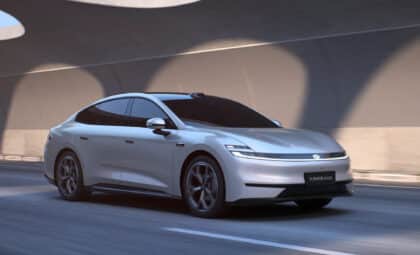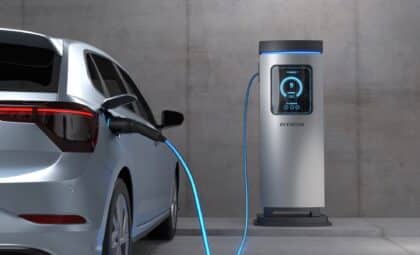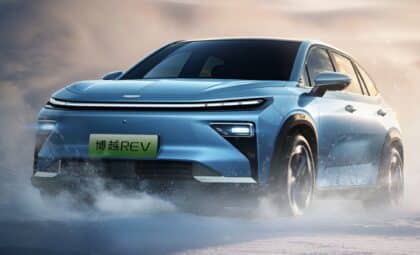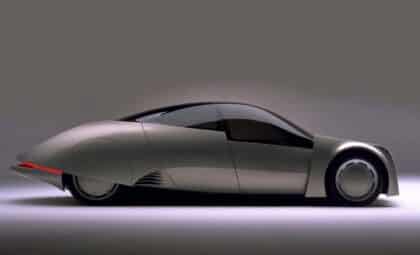According to CEO Frank-Steffen Walliser, the change reflects customer demand and market conditions. Electric vehicles are still in the pipeline, but combustion engines will remain a core offering for the foreseeable future.
In 2019, Bentley presented the EXP 100 GT concept and announced plans to become an all-electric carmaker by the end of the decade. That timeline has now been revised. Speaking during a recent online press conference, Walliser revealed that the brand’s transition to battery-electric vehicles has been postponed until “2035 and beyond.” He also confirmed that Bentley is developing a new internal combustion model, adding, “We would like to continue to satisfy customers with the choice of powertrains.”
Bentley’s pivot reflects a broader hesitation across the automotive industry, as interest in electric vehicles shows signs of slowing in certain regions. The company is adjusting its electrification roadmap accordingly, while still advancing plans for future EV and hybrid models.
New Ice Model to Arrive by End of Year
One of the key takeaways from Walliser’s statement is that Bentley is not only keeping its current combustion-powered lineup but expanding it. A new internal combustion engine vehicle is already under development and is expected to debut before the end of 2025.
Although Walliser did not name the model during the call, Motor1 reports that it could be the Continental GT Supersports, which has appeared in recent teasers. Unlike other recent versions of the GT that feature hybrid elements, this new variant is rumored to use a pure gasoline engine and a rear-wheel-drive setup.
This follows remarks made by Walliser earlier in September, when he said Bentley would continue investing in ICE technology for several more years. That stance is now being put into practice with the upcoming launch.
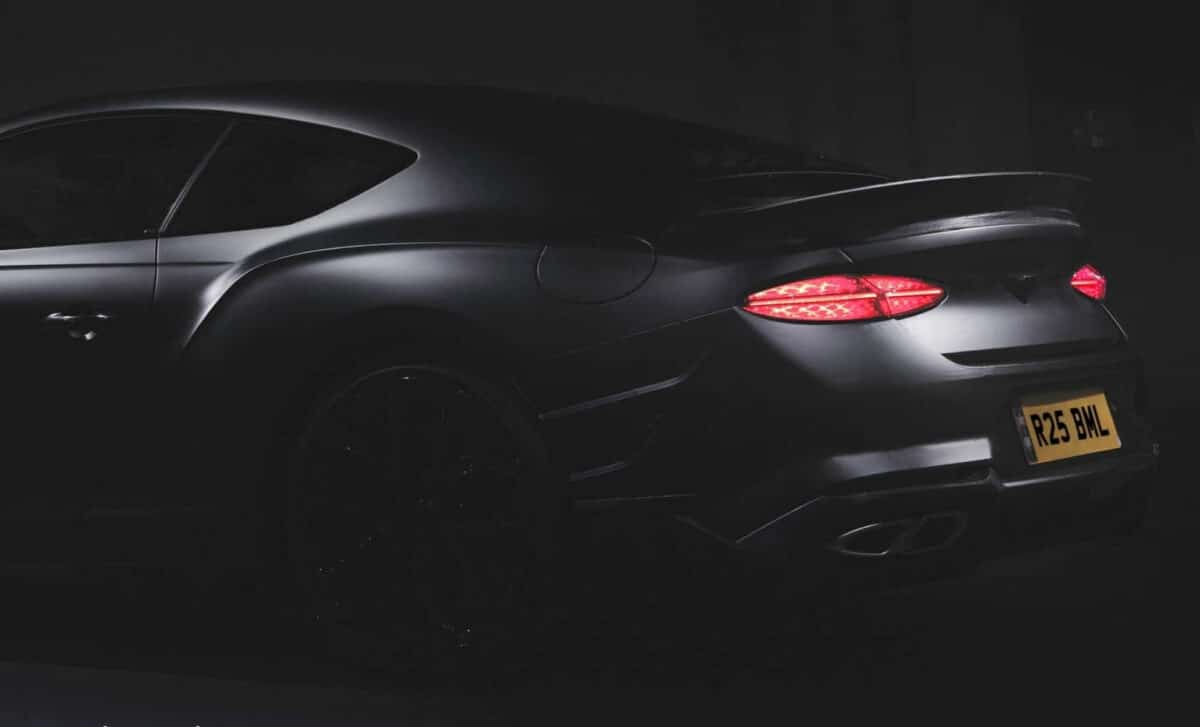
Current Models to Remain Combustion-Based
While the electrification strategy is still progressing, Bentley’s most recognizable models will retain their gasoline powertrains. This includes the Continental GT, the Flying Spur, and the Bentayga SUV. All three will continue with combustion engines, though plug-in hybrid variants will remain part of the product mix.
Fully electric variants are still on the table. Bentley is moving forward with a battery-electric Urban SUV, which is expected to join the lineup soon. However, the company now views BEVs as one option among many rather than the single direction for its entire fleet. Walliser stressed that the strategy is focused on giving clients “a choice,” signaling that a diverse mix of powertrains will be central to Bentley’s offering well into the 2030s.
Electrification Timeline Quietly Extended
Bentley’s revised electrification plan pushes the full transition well past its original deadline. Instead of phasing out ICE vehicles by 2030, the company now anticipates maintaining gas-powered options into the next decade.
The updated goal is to electrify the lineup sometime after 2035, though no firm date has been set. This shift acknowledges the complexity of global markets, where customer expectations, infrastructure availability, and regulatory policies vary widely.
As Walliser put it during the press event, “We will see another ICE Bentley before the end of the year.” That message—clear and direct—confirms that combustion engines are far from gone, at least for now.




